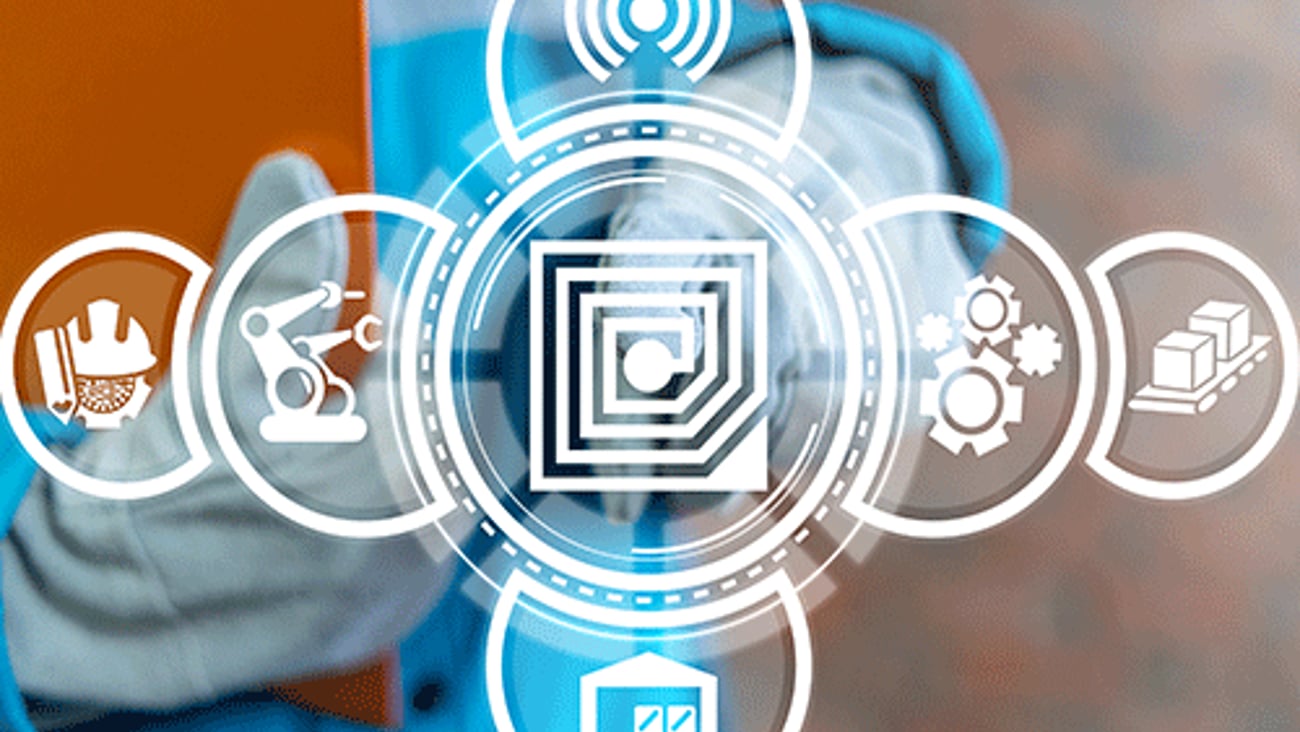Three hot sustainability efforts from a cold winter
Retailers have kept warm this winter by implementing technology solutions to promote sustainability.
Sustainability is a major issue in retail. Numerous surveys indicate consumers, especially desirable Gen Z customers, consider the sustainability of retailers and products when deciding where and for what to shop.
But "sustainability" is a broad topic. There are numerous ways retailers can promote environmental quality and safety in their day-to-day business practices. Following are three retailer initiatives launched during the 2023-2024 winter season to enhance enterprise sustainability
Staples cuts packaging usage
Staples seeks to elevate ongoing efforts at reducing the packaging it uses in shipments. The office products giant has been working with sustainable packaging company Packsize to reduce the amount of packaging material in its supply chain for more than a decade.
Leveraging the Packsize Right-Sized Packaging On Demand solution, Staples to date has achieved a 10% reduction in corrugated use per carton, 50% decrease in void fill usage, and the total weight of plastic materials, including poly bags and air pillows, was slashed by 71%.
In addition, Staples has optimized delivery logistics through its partnership with Packsize by maximizing truck space and reducing the need for additional vehicles on the road, leading to decreased emissions and shipping costs.
In 2024, Staples intends to deepen its partnership with Packsize and explore additional technologies and strategies to reduce waste, enhance supply chain sustainability, and meet the evolving needs of environmentally conscious businesses and consumers.
Amazon installs hydrogen-producing system at fulfillment center
Amazon has entered a partnership to produce hydrogen fuel. Plug Power Inc. has completed the installation and commissioning of an electrolyzer system at an Amazon fulfillment center in Aurora, Colo.
The one-megawatt (MW) proton exchange membrane electrolyzer — the first installed and in use at an Amazon site — is producing low-carbon hydrogen to fuel more than 225 hydrogen fuel cell-powered forklift trucks at the site.
The Plug 1MW electrolyzer, which uses electricity and water to produce hydrogen, is able to support up to 400 hydrogen fuel cell-powered forklift trucks. The hydrogen produced by the electrolyzer will be compressed on site and stored in a gaseous hydrogen storage tank for use by the forklift trucks.
Plug has collaborated with Amazon to deploy more than 17,000 fuel cells to replace batteries in forklifts in more than 80 fulfillment centers in North America. For most of these locations, the hydrogen to power the forklifts is produced elsewhere, liquified and then delivered by trucks to an on-site storage and dispensing system.
For the project, Plug provided design, installation, commissioning, and maintenance services for the 1MW PEM electrolyzer and hydrogen storage—compatible with the existing refueling infrastructure and fuel cells already in use at the site.
Walmart develops sustainable eyewear
Walmart is continuing its push into the eyewear market as well as to becoming a regenerative company. The discount giant has launched Karün, its first eyewear brand made from traceable, recycled materials.
The line, now available at 1,400 Walmart Vision Center locations, features eyewear made from recycled fishing nets, metals and other plastics from the coasts of Patagonia (a region of South America with territory in both Argentina and Chile).
The collection features 18 styles, including classic aviators, as well as round, rectangle and square frames, ranging from $114 to $132. As it broadens the assortment, Walmart hopes to extend Karün availability to more of its Vision Center locations in the future.







